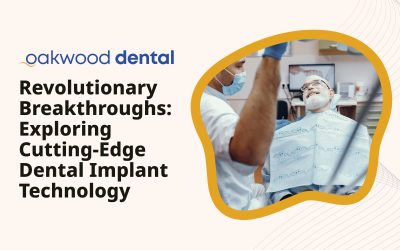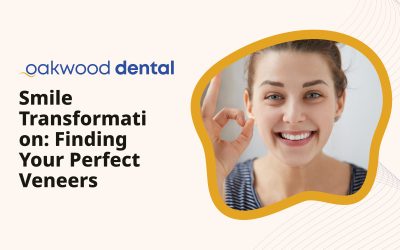There seems to be a connection between Alzheimer’s disease and obstructive sleep apnea (OSA). Obstructive sleep apnea is a condition where breathing stops and starts during sleep due to the airway becoming blocked or narrowed. Research suggests that OSA may contribute to the development or worsening of Alzheimer’s disease.
Here’s how it might work: During episodes of OSA, the brain and body can become deprived of oxygen, which can lead to various health issues over time. One theory is that this lack of oxygen could contribute to the buildup of plaques in the brain, which are a hallmark of Alzheimer’s disease. Additionally, poor sleep quality due to OSA can affect memory and cognitive function, which are also affected in Alzheimer’s.
Here are some common signs and symptoms of sleep-disordered breathing, particularly obstructive sleep apnea (OSA):
- Loud and persistent snoring: Often the loudest just before an apnea episode ends.
- Pauses in breathing during sleep: Witnessed by a bed partner or family member.
- Choking or gasping during sleep: Often follows a pause in breathing.
- Excessive daytime sleepiness: Feeling tired or sleepy during the day, even after a full night’s sleep.
- Morning headaches: Often due to the oxygen deprivation and changes in carbon dioxide levels during sleep.
- Difficulty concentrating or remembering: Impaired cognitive function and memory due to disrupted sleep.
- Irritability or mood changes: Often due to poor sleep quality and lack of restorative sleep.
- Frequent nighttime urination (nocturia): Waking up to urinate multiple times during the night.
- Dry mouth or sore throat upon waking: Due to mouth breathing or snoring.
- Decreased libido: Often due to decreased testosterone levels in men.
- Restless sleep: Tossing and turning during sleep, difficulty finding a comfortable position.
- Obesity or weight gain: There is a strong association between obesity and sleep apnea.
- High blood pressure (hypertension): OSA can contribute to elevated blood pressure levels.
- Night sweats: Excessive sweating during sleep, often due to the body’s effort to resume breathing.
These signs and symptoms can vary from person to person, and not everyone with sleep apnea will have all of these symptoms. If you suspect you or someone you know may have sleep apnea based on these signs, it’s important to consult a healthcare professional for proper evaluation and diagnosis.

 718-979-2121
718-979-2121








